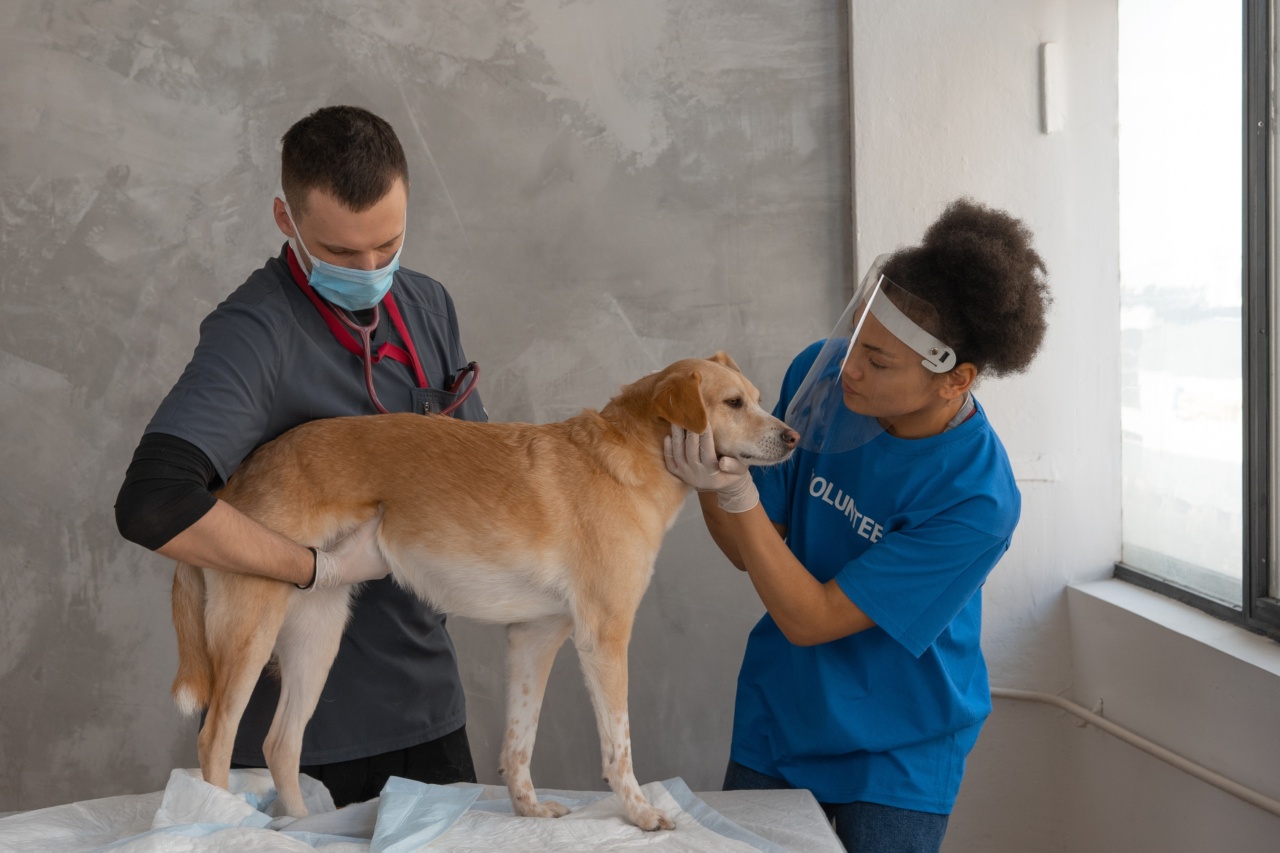With our busy schedules, it has become increasingly difficult to prioritize our children’s health and well-being. However, owning a pet could make it easier for you to encourage healthy habits in your children.
In this article, we’ll explore the benefits that come with pet ownership, and how they can help children stay healthy.
Physical Health
Pet ownership promotes physical health in several ways. Taking care of pets requires regular physical activity, such as walks and playtime.
This can help keep both children and adults active, which is essential for maintaining a healthy weight and cardiovascular system. Additionally, research shows that children who grow up with pets have a lower risk of developing asthma and allergies.
Mental Health
Pets also offer significant emotional benefits that can help improve a child’s mental health. Caring for a pet can help children develop compassion, empathy, and responsibility.
These positive qualities can help to build self-esteem and self-confidence in children, which are essential for mental well-being.
Social Health
Another benefit of pet ownership is the added opportunity for socialization. Pets can help children make friends, especially with other pet owners.
For children who are shy or introverted, pets can provide a source of comfort and companionship, helping them to feel less lonely. This social connection can lead to increased happiness and a stronger sense of belonging.
Reducing Stress and Anxiety
The companionship of a pet can also reduce stress and anxiety levels in children. Studies have shown that children who interact with pets have lower levels of the stress hormone cortisol.
This can help children feel calmer and less anxious, especially during times of stress or transition.
Teaching Responsibility
Pet ownership can also help teach children responsibility. Looking after a pet requires daily care, such as feeding, bathing, and exercise. Teaching children to take on these tasks can help them develop a sense of responsibility and discipline.
This can also help to create a routine, which can improve time-management skills and a sense of organization.
Exposure to Nature
Pet ownership is an excellent way to expose children to nature. Spending time outdoors with pets can help children connect with nature and develop an appreciation for the environment.
This connection can lead to a greater sense of responsibility for the planet and its wildlife, which is essential for creating a sustainable future.
Building Empathy and Compassion
Pets are a great way to teach children empathy and compassion. Children learn how to care for another living being, which can help them develop these essential qualities.
This can also lead to a greater sense of understanding of the needs of others, including animals. This type of caring is the foundation of a more empathetic and compassionate society.
Improving Cognitive Development
Studies have shown that pet ownership can have a positive impact on a child’s cognitive development. Children who grow up with pets often have better language skills, a greater ability to concentrate, and improved problem-solving abilities.
These benefits stem from the increased exposure to different stimuli and tasks when caring for a pet. This helps to stimulate the brain and promote positive growth.
Developing a Strong Bond
Finally, pet ownership helps children develop a strong bond with their pet. This relationship can help children feel loved and appreciated, which is essential for overall well-being.
This bond can also help children develop a greater sense of empathy and understanding of others, which can help them in their relationships with humans as well.
Conclusion
In conclusion, pet ownership offers a range of benefits that can help promote children’s physical, emotional, and social health. It is an excellent way to teach children responsibility, empathy, and compassion.
It can also help improve cognitive development and promote a greater sense of appreciation for nature and the environment. Most importantly, it provides children with a source of unconditional love and companionship, which is essential for overall well-being.































